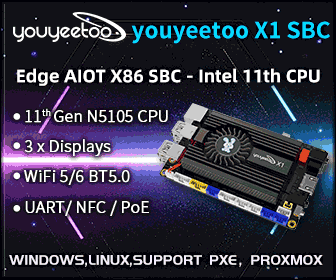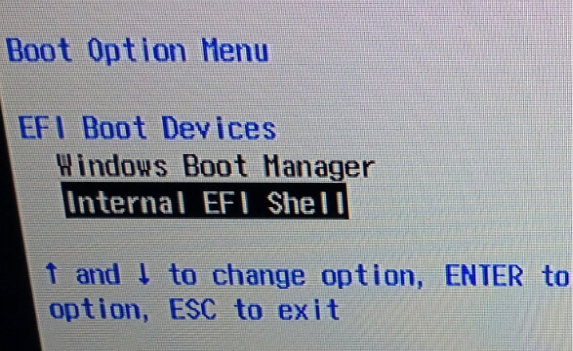Faytech FTA20 Allwinner A20 Industrial SBC Works with Touch Panels
Faytech is a company specializing in touch monitors and touch pc, but recently they started to develop embedded boards, and their latest FTA20 single board computer is powered by Allwinner A20 SoC, and offer various optional wireless options like Bluetooth, WiFi, 3G, and GPS. The board also supports the company’s 9.7”, 10.1”, 15” and 21.5” capacitive displays. FTA20 Specifications (to be confirmed): SoC – Allwinner A20 dua lcore Cortex A7 processor @ 1GHz with Mali-400MP2 GPU @ 500MHz System Memory – 1GB DDR3 Storage – 8GB NAND Flash, 1x SD card slot, 1x SATA port (via headers) Video Output – 1x HDMI, 1x VGA, 18/24Bit LVDS Audio – Audio-Chip Integrated HI-FI 100dB Audio Codec, 2x3W amplifier; 5.1 Channel High Definition Audio Codec; 1x Line-In, 1x Line-Out Connectivity 1x 10/100/1000Mbit RJ45 Ports with connector for POE WiFi Optional Bluetooth 4.0 and GPS 1x SIM-card (to be used with mPCIe modem???) USB […]






